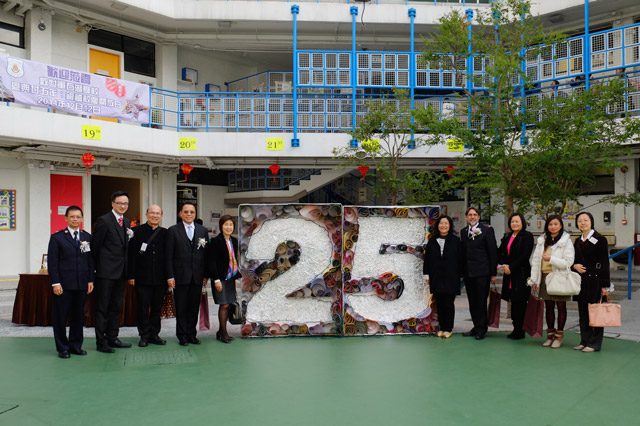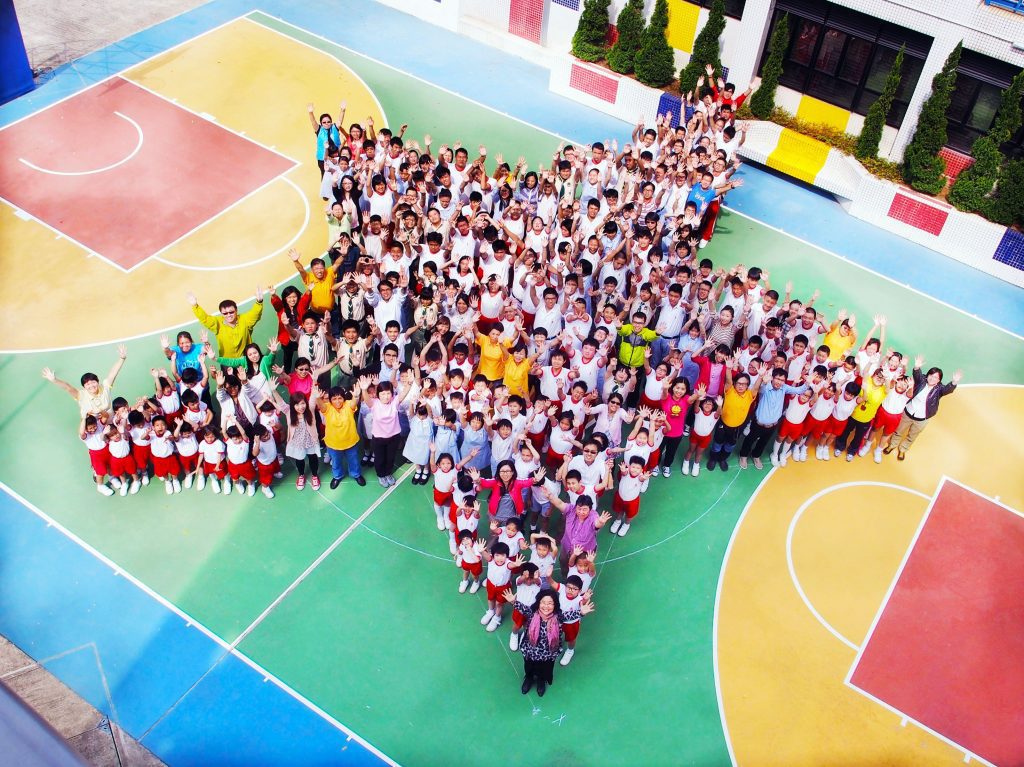A Hong Kong school finds innovative ways to address the personal and social needs of students with intellectual disabilities.

Administrators of The Salvation Army Shek Wu School in southeastern China—one of the Army’s 33 schools around the world for children who are visually impaired or disabled—target affective education, considering both the personal and social development of students.
A three-tiered system, focused on individual, group and whole-school strategies, aims to meet students’ personal and social needs, acknowledging that children with disabilities can be more handicapped by their lack of personal and social skills than by an academic deficit, said Dr. Carl Cheng, educational services director of the Hong Kong and Macau Command. For more than 25 years, the school has served children with mild intellectual disabilities in the northern district of Hong Kong, and its ethos has been recognized with awards from the local government and NGOs, among others.
Shek Wu’s educators look to provide individual care for students when needed, sometimes providing counseling for those adjusting to the new environment or for new arrivals from mainland China or students of ethnic minority, Cheng said. For students who resume learning after medical treatment or require special care, Shek Wu employs social workers to help individual students in need of consistent support.
In the classroom, Shek Wu promotes leadership development, allowing students to engage in discussing and commenting on school policy as class representatives. “In this way, their opinions are valued, and their concerns addressed,” Cheng said. “They also learn to value and respect the contributions and views of others.”
While this works to enhance personal capability and qualities as a leader, Cheng said it also promotes self-esteem. “Given opportunities to take on new challenges within a safe environment, a positive class climate allows students to form secure and stable relationships with caring peers,” he said.

On the whole, the school exercises inter-disciplinary collaboration, promoting positive school ethos and sustaining effective partnership with parents.
“Different school systems, such as school chaplain and guidance committee, also collaborate in assisting the work to make the school become a caring and inviting place,” Cheng said.
Administrators created a series of school-wide activities, meanwhile, to help build a school climate of activeness and sense of achievement. “Participating students are lead through a series of helping approaches,” Cheng said, from being helped by others, to self-help and then helping others. “These distinct approaches indicate students’ stages of personal growth and a pathway to successful experiences.”
Overall, administrators say that what characterizes the practice of affective education in Shek Wu School is a deep concern for students as persons, enabling them to articulate and to refine their feelings to achieve self-esteem and sense of personal worth, creating a total learning experience.












